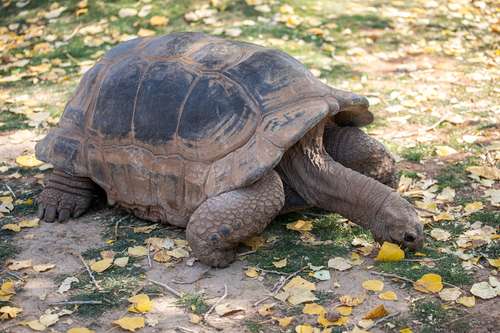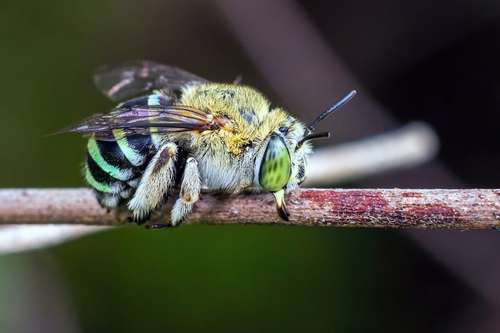It seems that using pig hearts in human transplants may no longer be a far-fetched idea.
Recently, a group of experts in heart and lung transplants gathered in Prague to discuss the future of organ transplants.
Among them was Dr. Muhammad Mohiuddin, a distinguished surgeon and program director at the University of Maryland School of Medicine, who shed some light on this potentially groundbreaking approach.
Dr. Mohiuddin emphasized the urgent need for new solutions to the shortage of donor organs. "Every 80 minutes, someone waiting for a new heart dies worldwide," he explained. "Not everyone on the transplant list will receive a heart in time."
Critical Advances in Pig Heart Transplants
In January 2022, the University of Maryland School of Medicine achieved a historic feat by performing the world's first modified pig heart transplant on a human patient.
This achievement was repeated in 2023 with another patient. These successes were made possible by advancements in genetic engineering and infection control, which the US FDA approved.

Dr. Mohiuddin, who has implanted hundreds of genetically modified pig hearts in animals over his career, sees pig organ transplants as a potential lifesaver for millions. "Using this option, we aim to save millions of lives eventually," he said. "Modified pig hearts could greatly increase the number of available organs for transplants."
The Promise of Pig Organs
Pig organs are promising substitutes for human organs because they are structurally similar.
Pig heart valves have been used for years to replace faulty human heart valves.
A one-year-old genetically modified pig can support a human weighing up to 200 pounds, and these pigs can live up to 20 years.

At the University of Maryland, the first patients who received modified pig hearts managed to survive for a period of approximately 40-60 days following the surgical procedure.
Even though this duration may appear brief, it offered valuable knowledge to the researchers.
"Our human patients taught us a lot," explained Dr. Mohiuddin during his presentation. "We encountered challenges that we are optimistic about overcoming."
Planning for the Future
Dr. Mohiuddin outlined a plan for the future of pig organ transplants and their potential to address the growing demand for organs.
The ultimate goal is to use the same immune-suppressing methods used in human heart transplants to prolong the life of transplanted pig hearts.
Dr. Mohiuddin emphasized the advantage of genetic modification, which isn't possible with human donor hearts.
Confronting the Organ Shortage Crisis
The scarcity of organs worldwide has led to the loss of numerous lives as patients wait for suitable donors. However, there is hope for this crisis through pig organ transplants.
Dr. Mohiuddin and his team at the University of Maryland School of Medicine have made groundbreaking progress towards using genetically modified pig hearts as a feasible solution for patients in dire need of transplants. This could potentially change the landscape of organ transplants in the future.
While challenges remain, the progress made in recent years is remarkable.
As research and clinical trials continue and more patients undergo pig heart transplant procedures, the dream of saving millions of lives through this innovative approach moves closer to reality.




